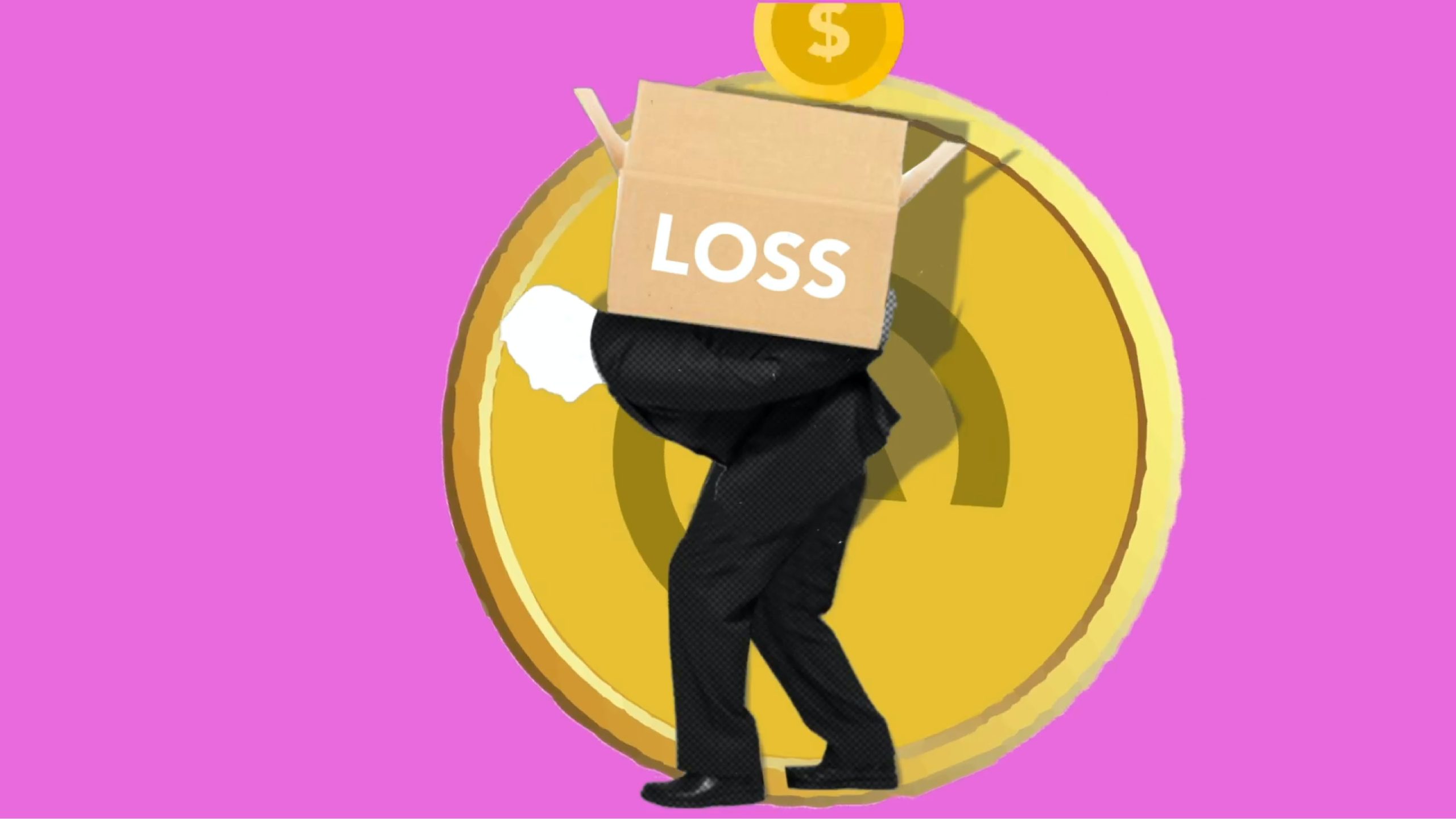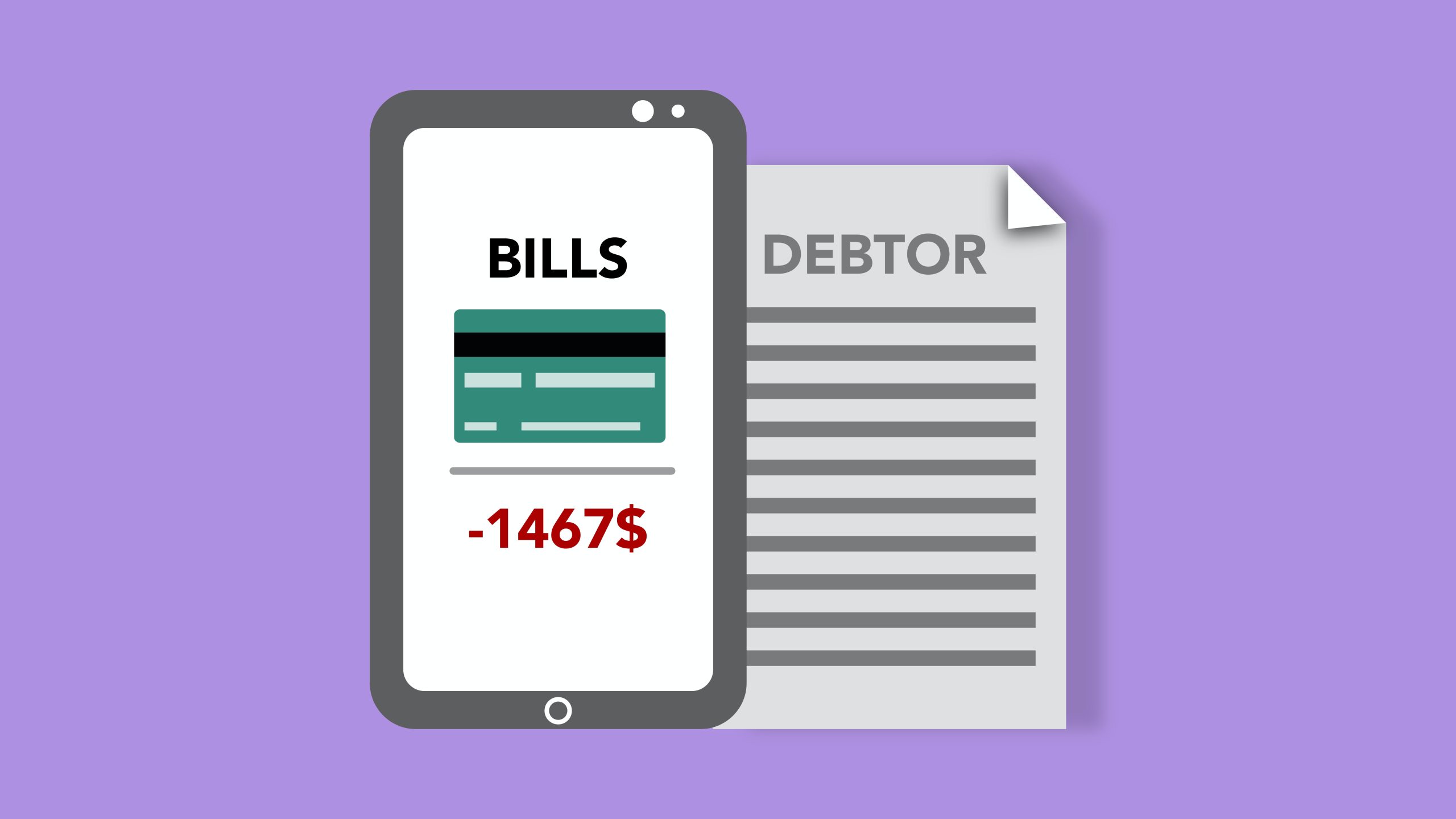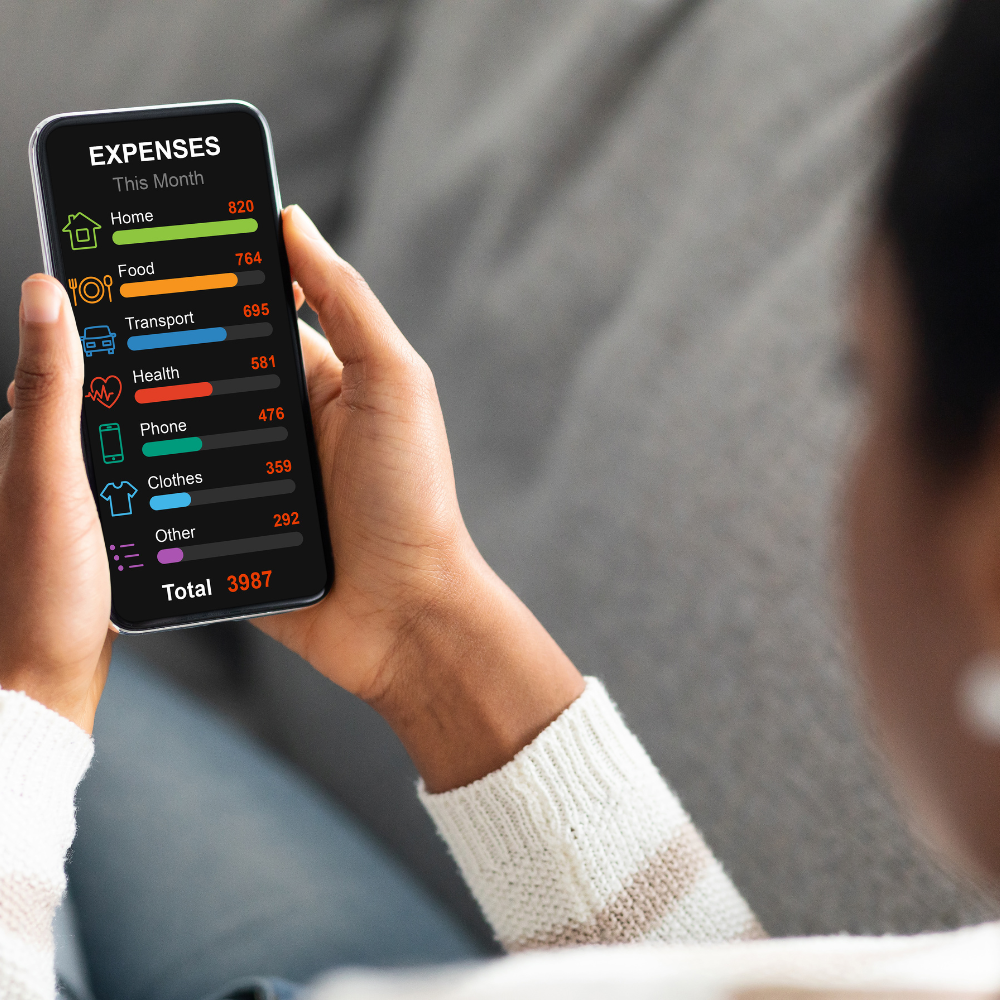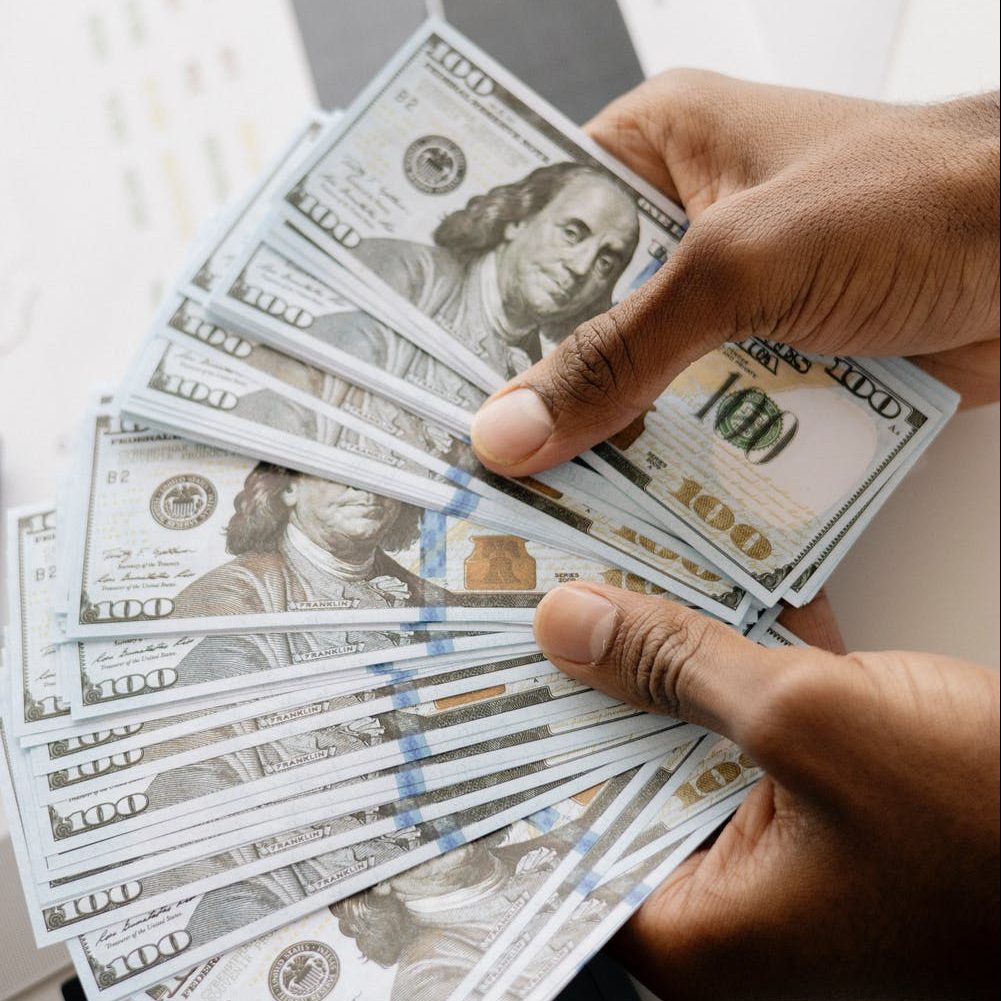5 Ways Hard Credit Checks Can Impact Your Score

A creative writer with a voracious appetite for fashion, beauty,…
H
aving a good grasp of your credit score is an important personal finance skill. According to BusinessWire, 85% of consumers in the US feel more secure for the rest of their lives with a healthy credit score. However, there’s a noticeable gap in this knowledge, because over 42% of Americans have experienced being denied a financial product due to failing a hard credit check. Moreover, hard credit checks can impact your score in various ways.
But first, what is a hard credit check?
According to Experian, a hard credit check or hard inquiry “happens when a company makes a complete search of your credit report. Each hard check is recorded on your report, so any company searching it will be able to see that you’ve applied for credit.” This pull may stay on your credit report for two years, although they typically only affect your credit scores for one year, as per Equifax. So, how does it affect your rating?
Here are 5 ways hard credit checks can affect your credit score…
#1. Lenders perform these checks more often than you think

Upgraded Points explains that hard credit checks or pulls are performed by lenders and credit card companies, landlords, and other financial institutions. So when you apply for an apartment rental, credit card, mortgage, auto loan, personal loan, or even a student loan, a hard inquiry is very likely to occur. Hard checks are deemed necessary because they are used as a way to gauge your financial situation before approving your application.
#2. Hard credit checks result in point reductions

Compared to a soft check which has no effect on your score, a hard pull can reduce as much as 10 points, but in most cases, it will only shave off only one to five points. Think of these deducted points as the consequence of taking a financial risk. There could be a lot of outcomes after applying for a financial product – customers could max out this new credit line, become more financially unstable, or go into default within a year or two.
#3. Hard checks remain on your report

In conjunction with the previous point, hard checks will affect your credit score for a year and may stay on your credit report for typically two years. Creditors and lenders reference your credit report to make a more informed financial decision on whether or not to approve your new loan or line of credit. That said, it’s also best to keep track of your financial record, so you know the best times to apply for credit and avoid doing so.
#4. Consecutive hard checks can be harmful to your score

If your inquiries are made in a relatively short time span, this will appear as a red flag to financial institutions. Statistics show that six inquiries or more on one’s credit report reveal that they are eight times more likely to declare bankruptcy than those with clean reports. One way to avoid consecutive hard checks is to do rate shopping. Most financial models do not necessarily punish rate shopping and applications as long as it fits within a 45-day period.
#5. Hard checks affect the way card issuers or lenders perceive you

The most important takeaway for lenders is your credit character. Even if you’re often applying for credit lines and loans, that isn’t the only information that can be determined from a hard credit check. Settling your bills on time, paying out debts in full, and having a good cash flow can also affect the likelihood of getting approved. Your responsibility is a major factor in how card issuers and lenders perceive your credit character.
Final words
That said, hard credit checks can make an impact on your score in many ways. But they are necessary to help regulate the economic health of the market. Before applying for credit, it’s best to be prepared by running a soft check on yourself and doing whatever you can to improve your score. To most financial institutions across the world, a score of 670-739 is good, so you’ll want to shoot for that if you want to pass a hard credit check.
Featured image: Kindel Media/Pexels
For the latest in fashion, lifestyle, and culture, follow us on Instagram @StyleRave_
This is a Style Rave original content exclusively created for our readers. If reproduced, distributed, transmitted, cached, or otherwise used by any other publishing house or blogs, such use should provide a direct link to this source article. Use of and/or registration on any portion of this site constitutes acceptance of our Terms & Conditions and Privacy Policy.
—Read also
A creative writer with a voracious appetite for fashion, beauty, lifestyle and culture. As one who's passionate about the advancement of the woman, creating content that inspire smart style and living, and positive lifestyle changes is a calling I take seriously. At Style Rave, we aim to inspire our readers by providing engaging content to not just entertain but to inform and empower you as you ASPIRE to become more stylish, live smarter and be healthier. Follow us on Instagram @StyleRave_ ♥







